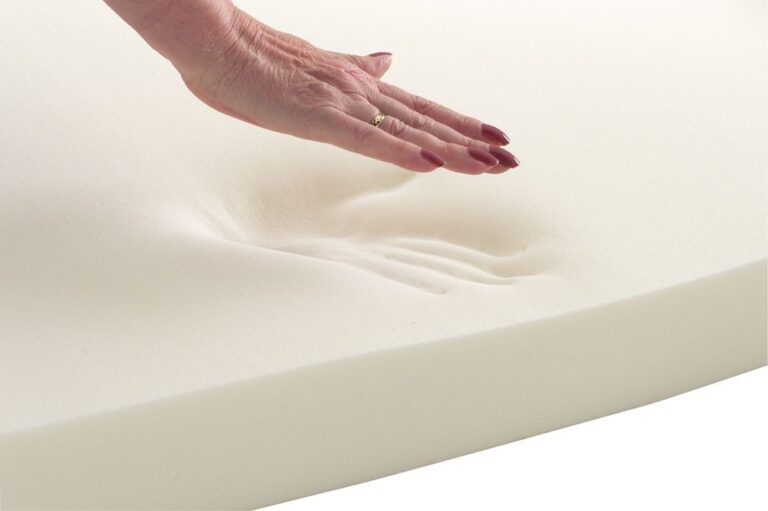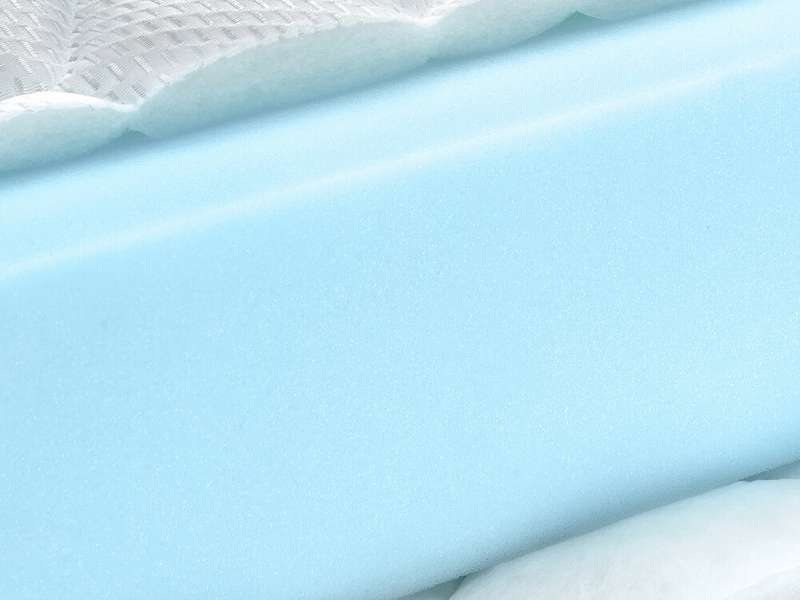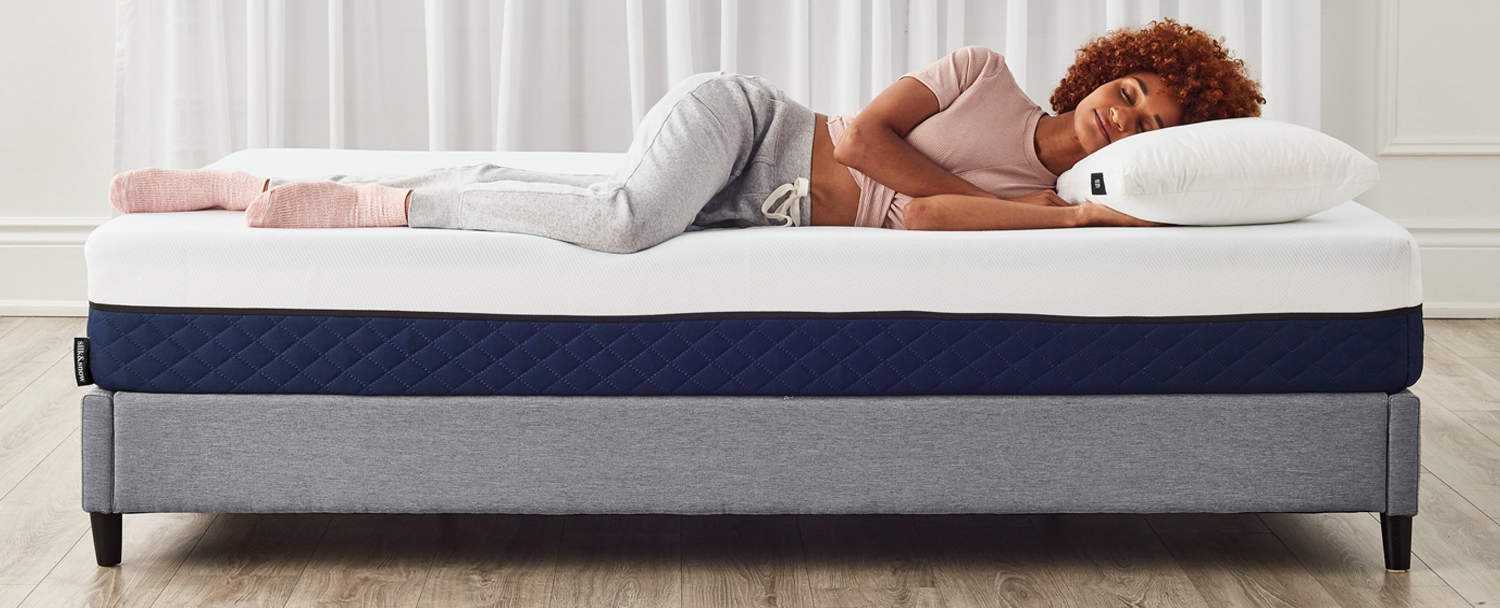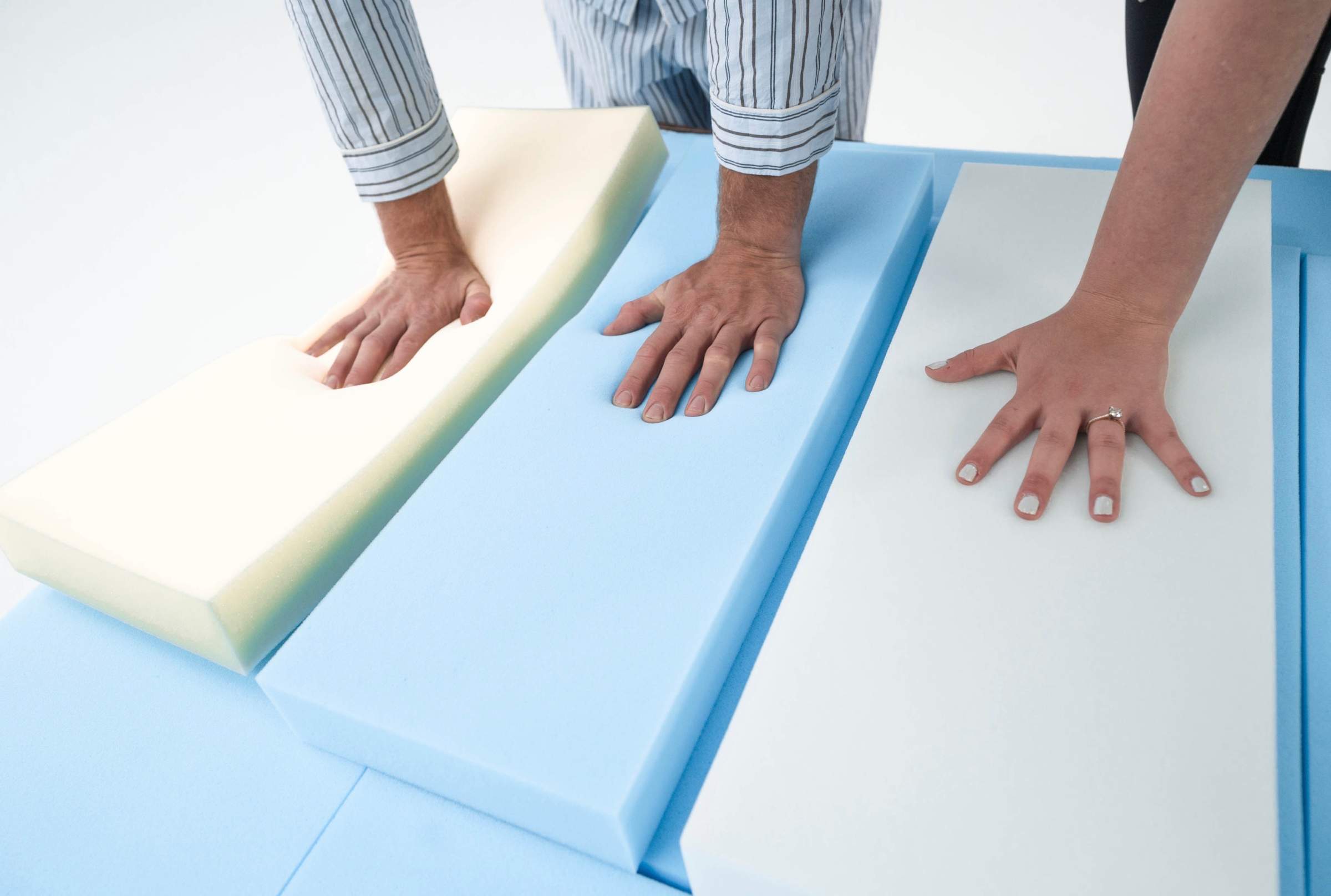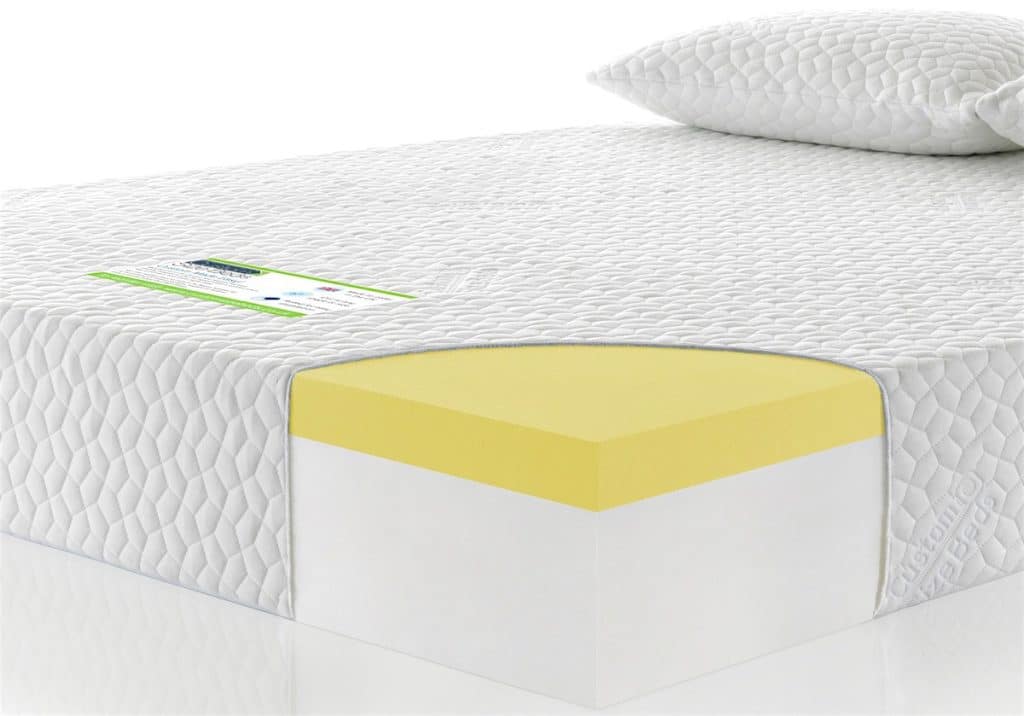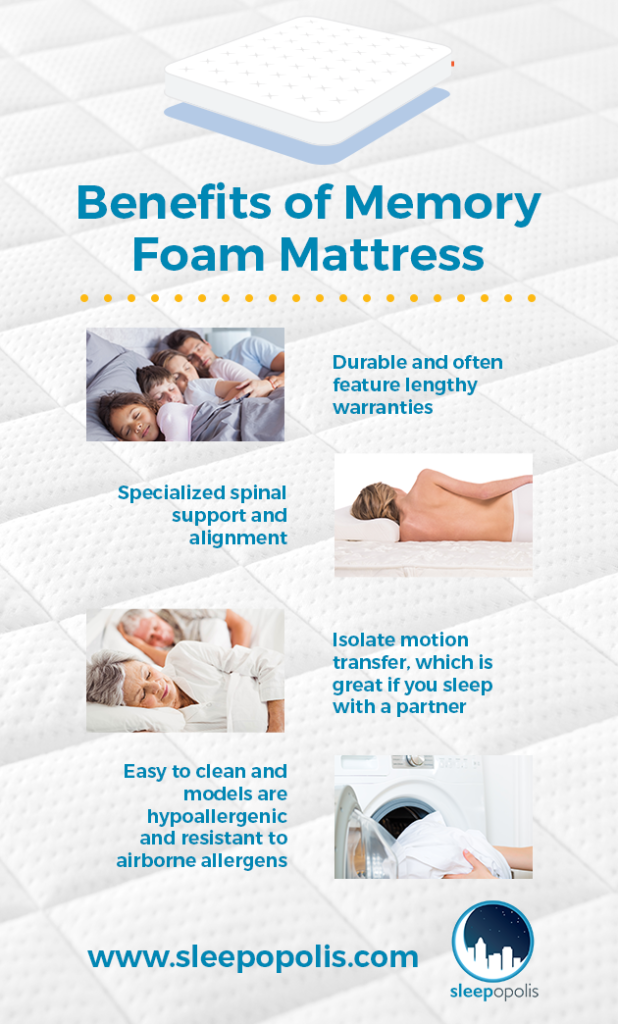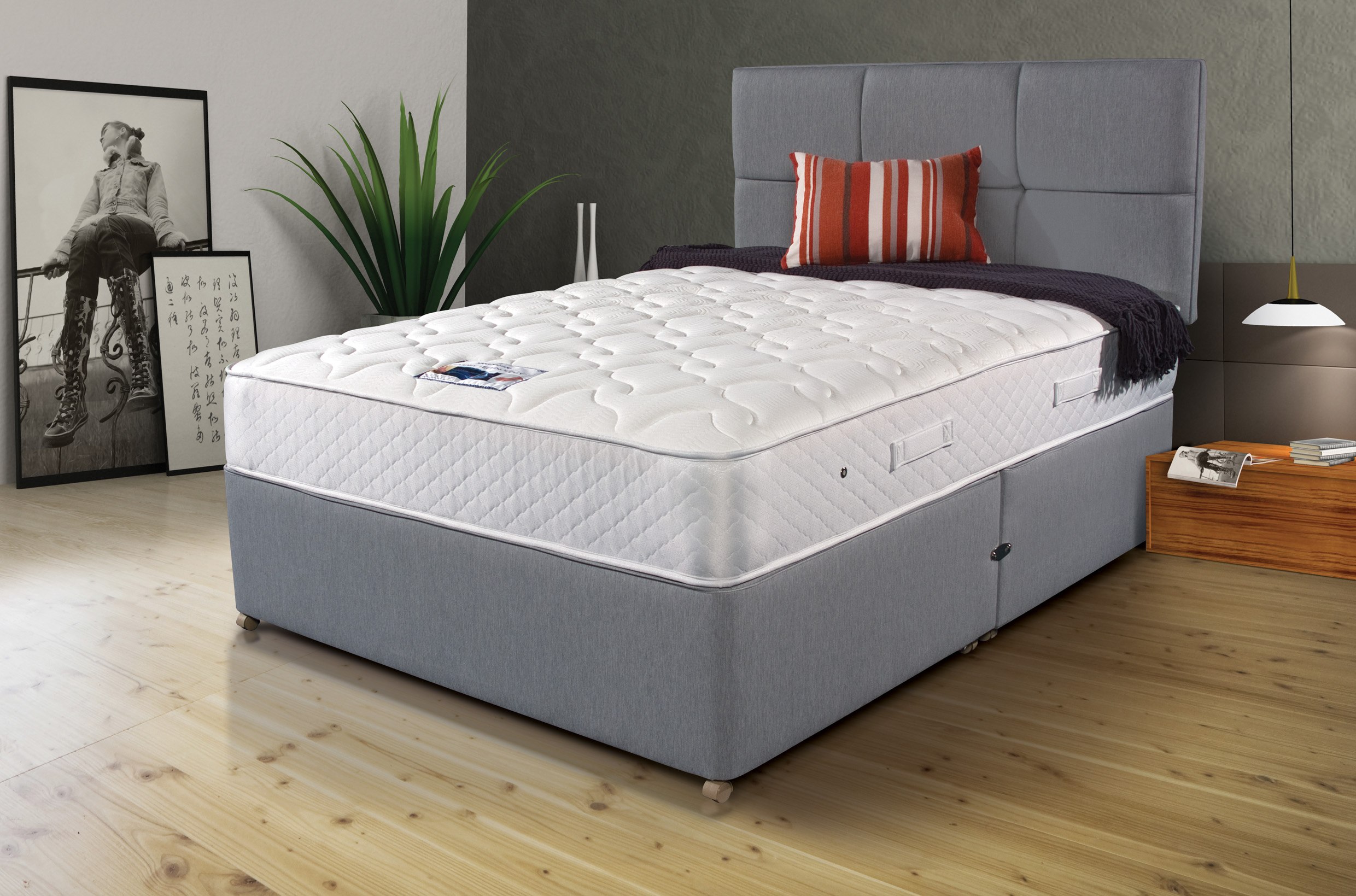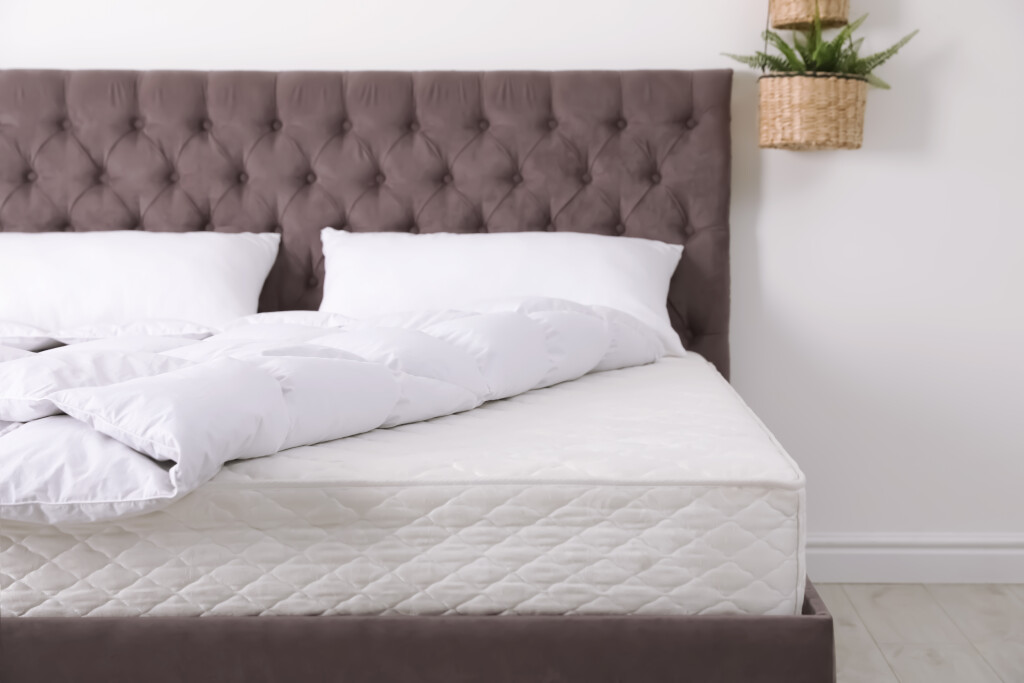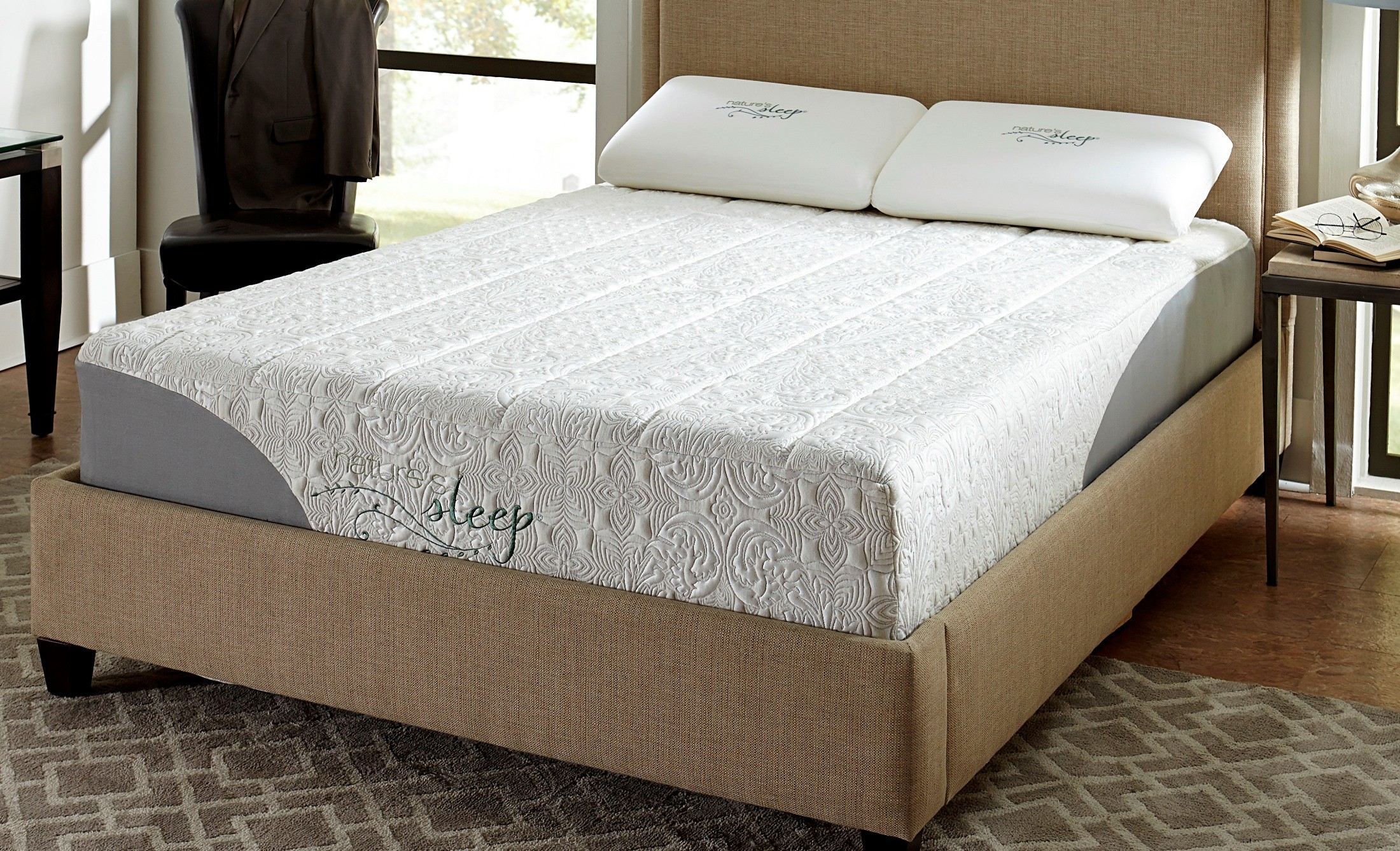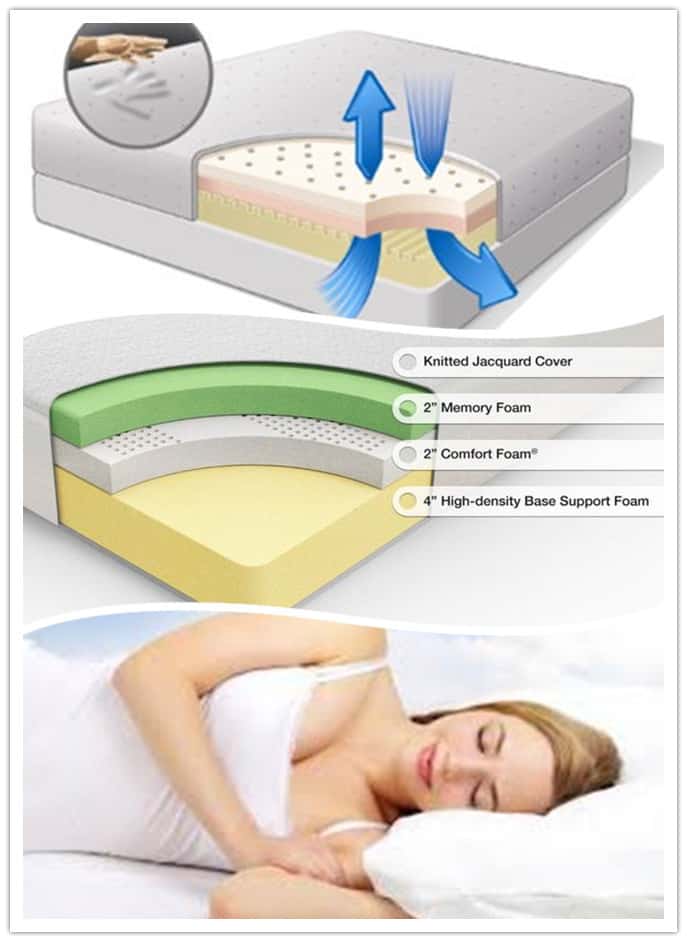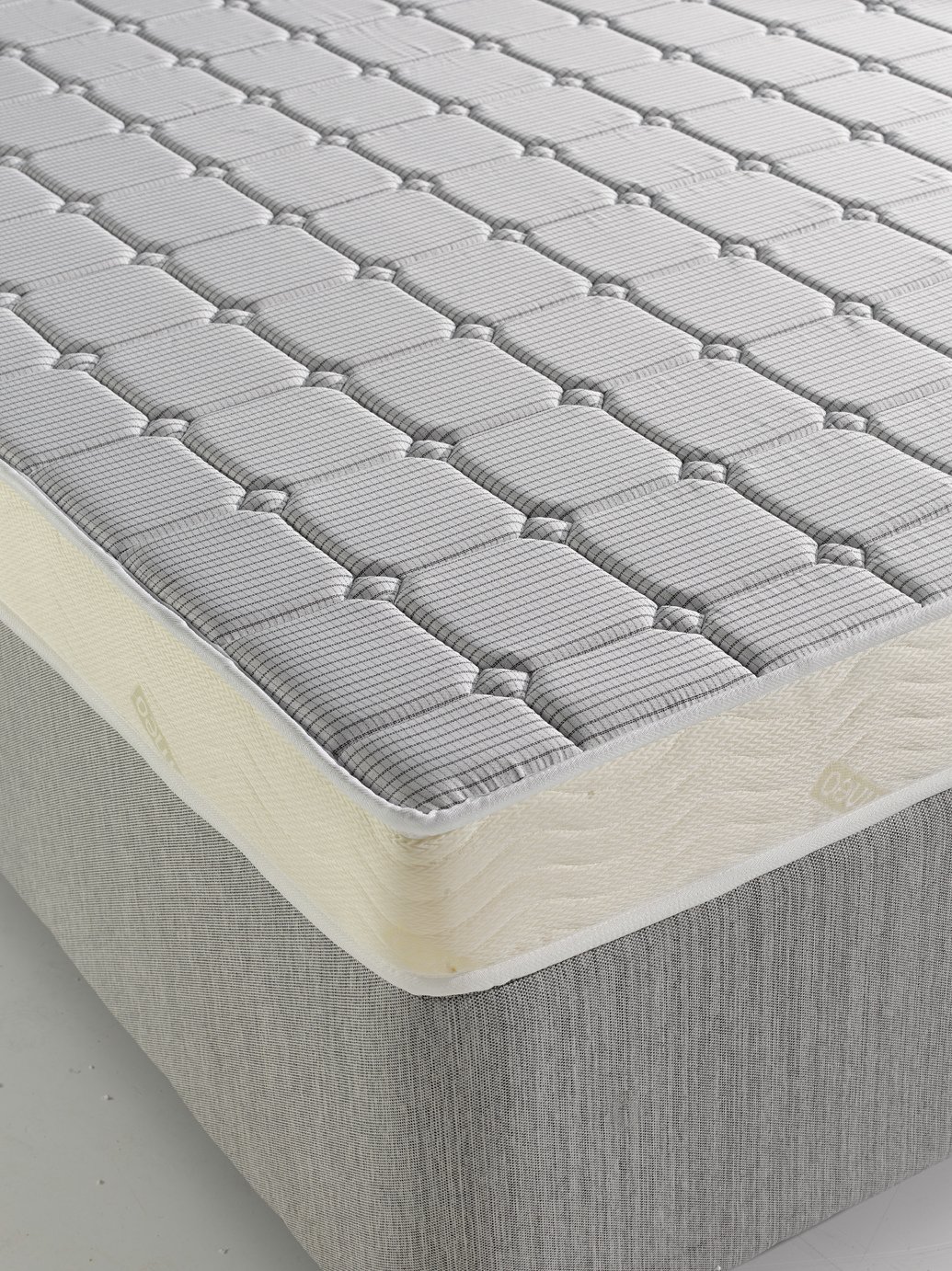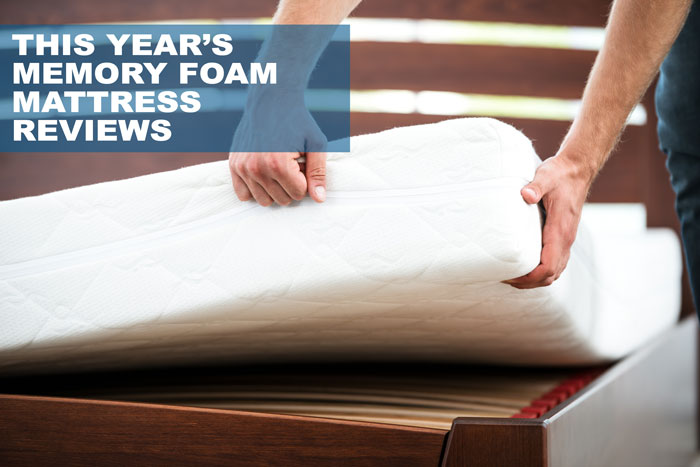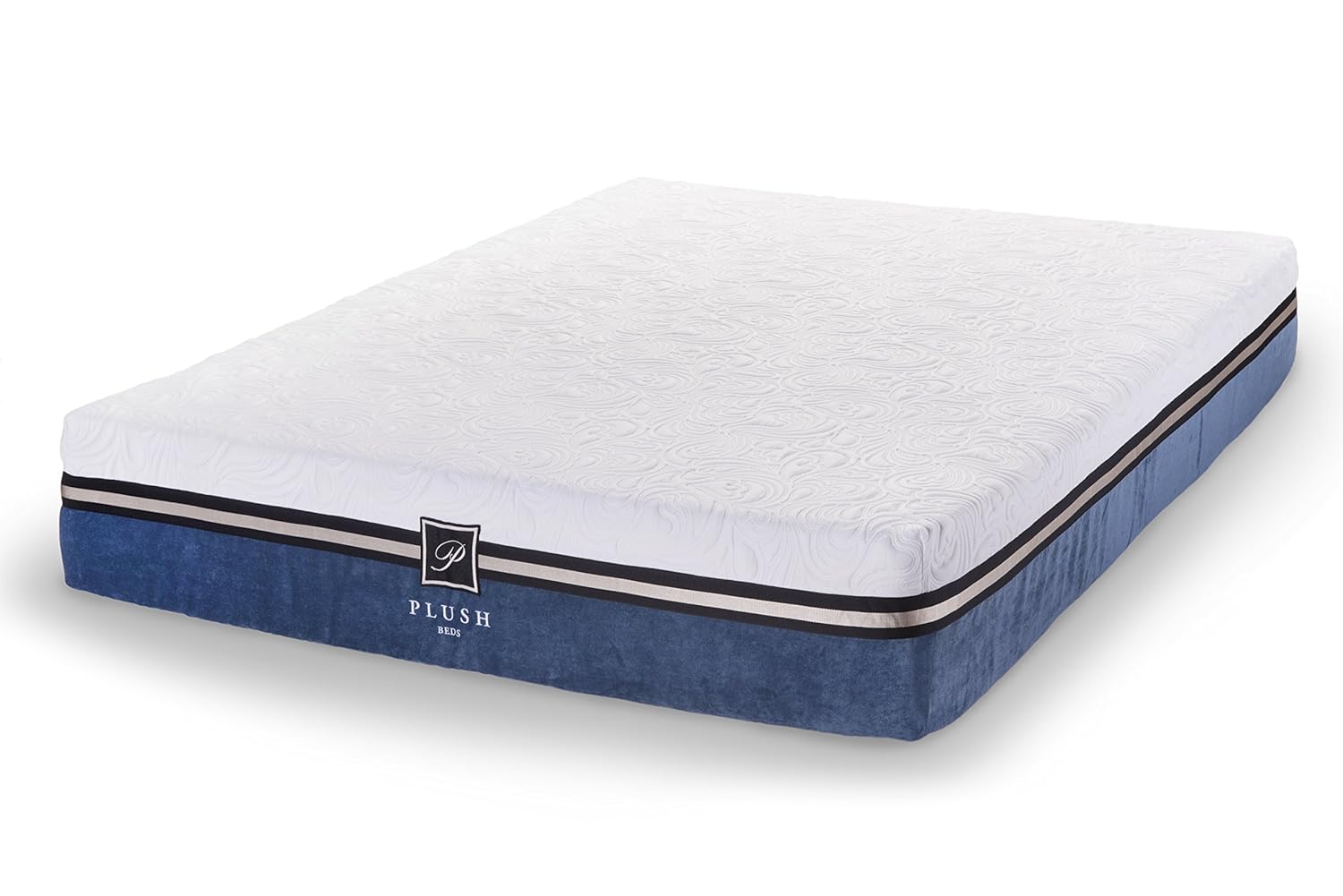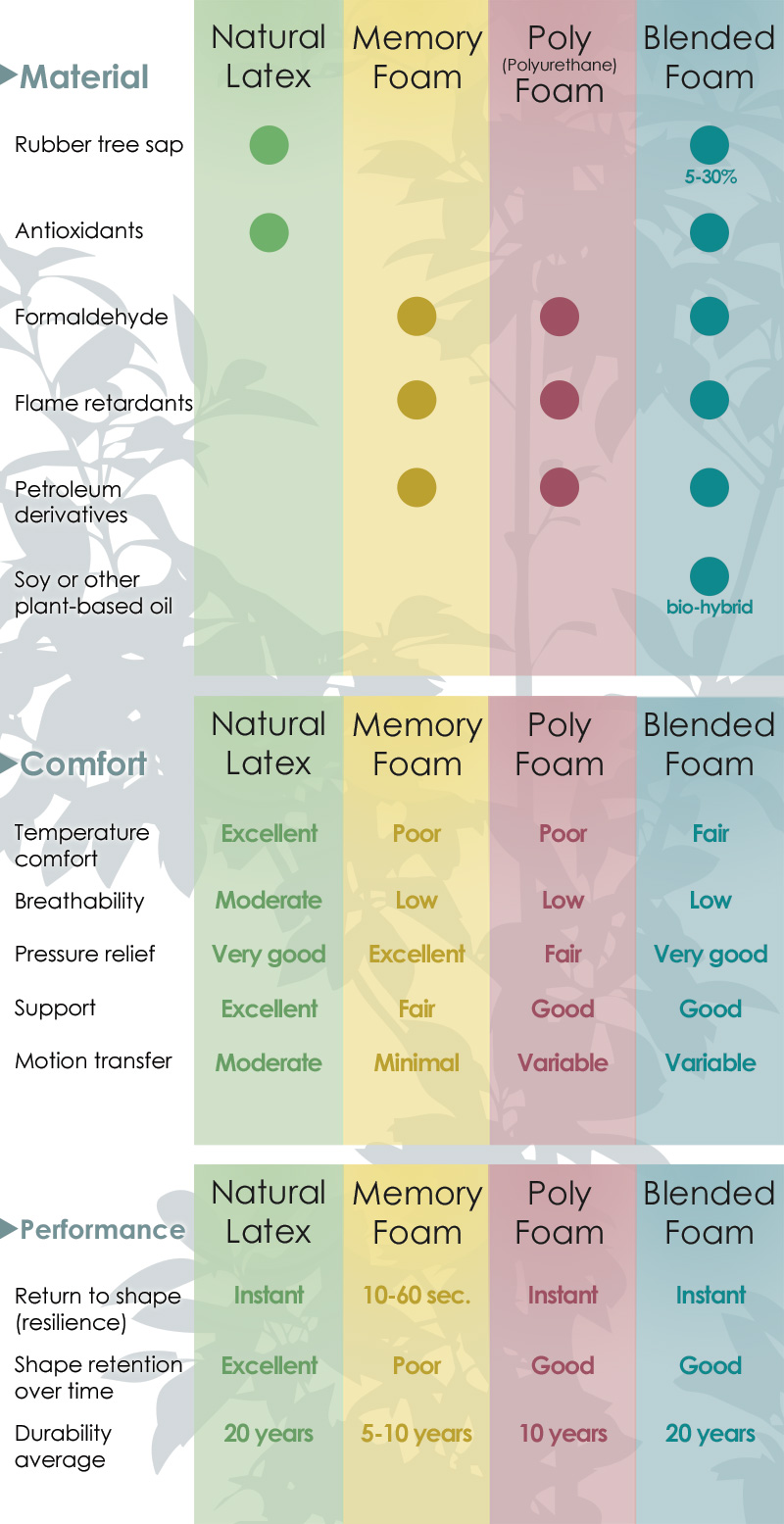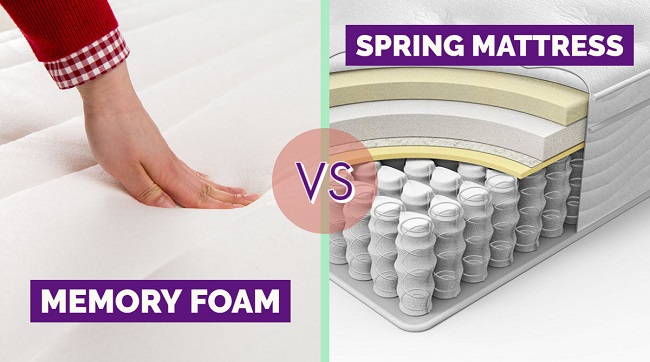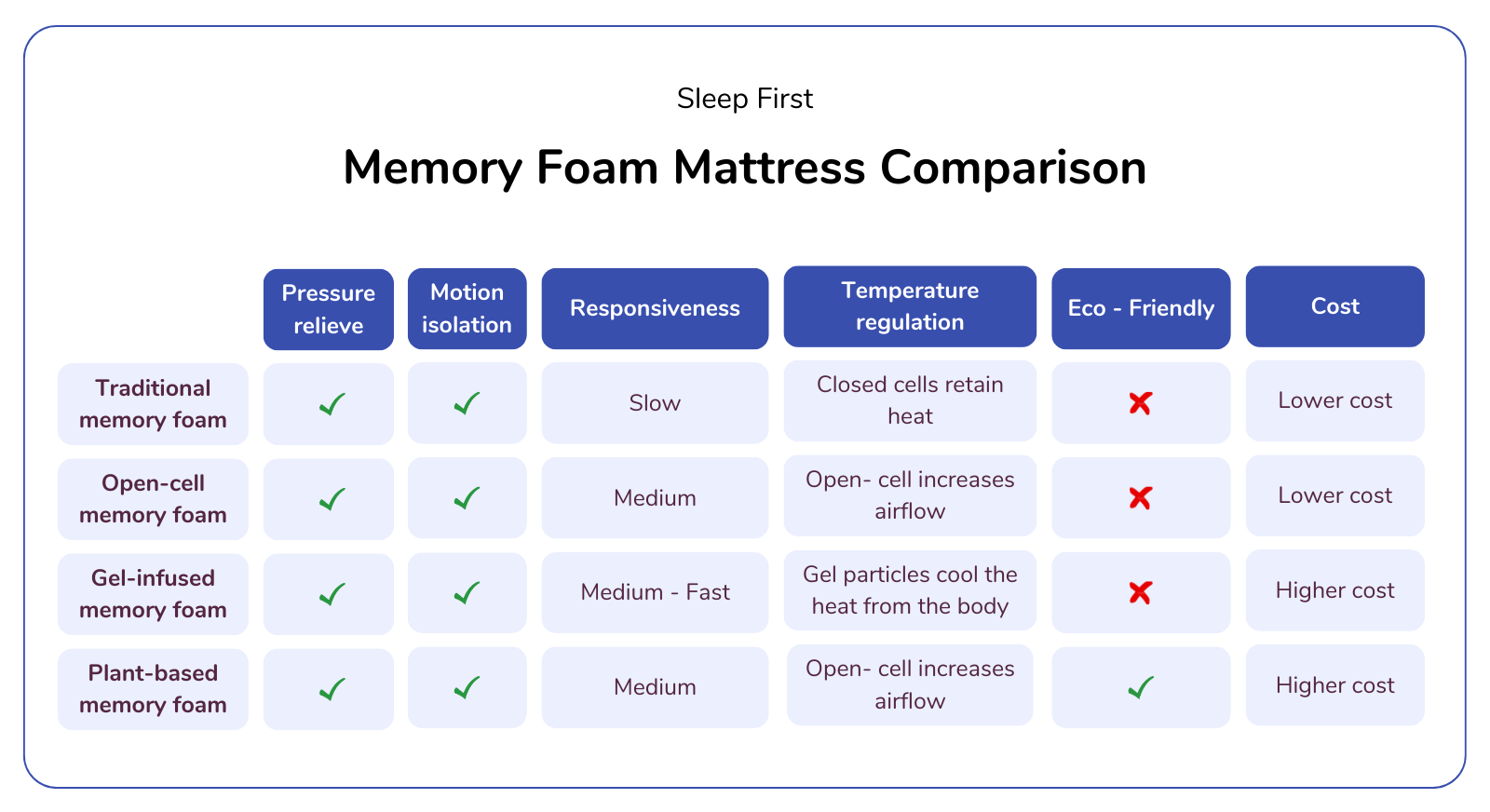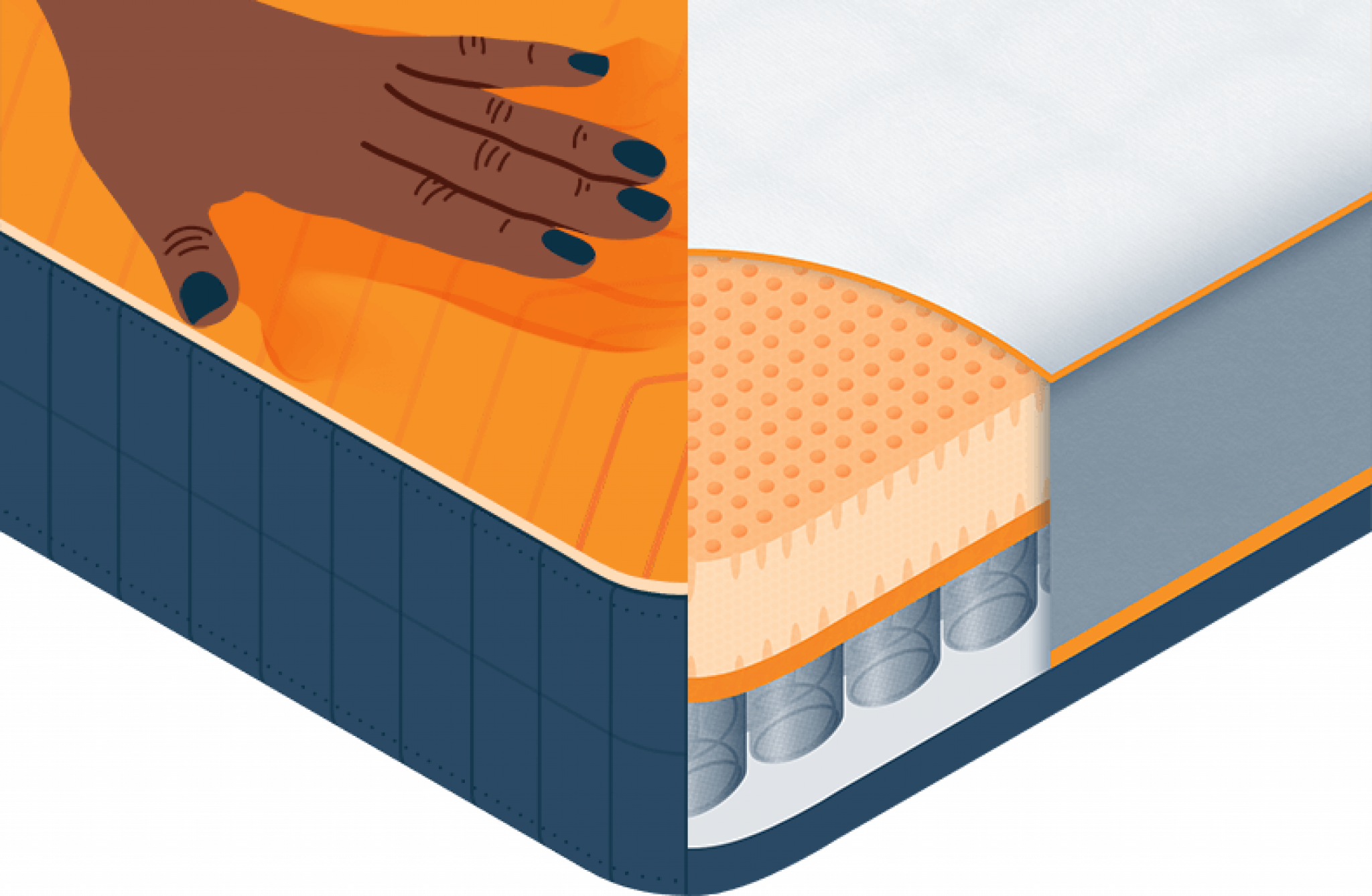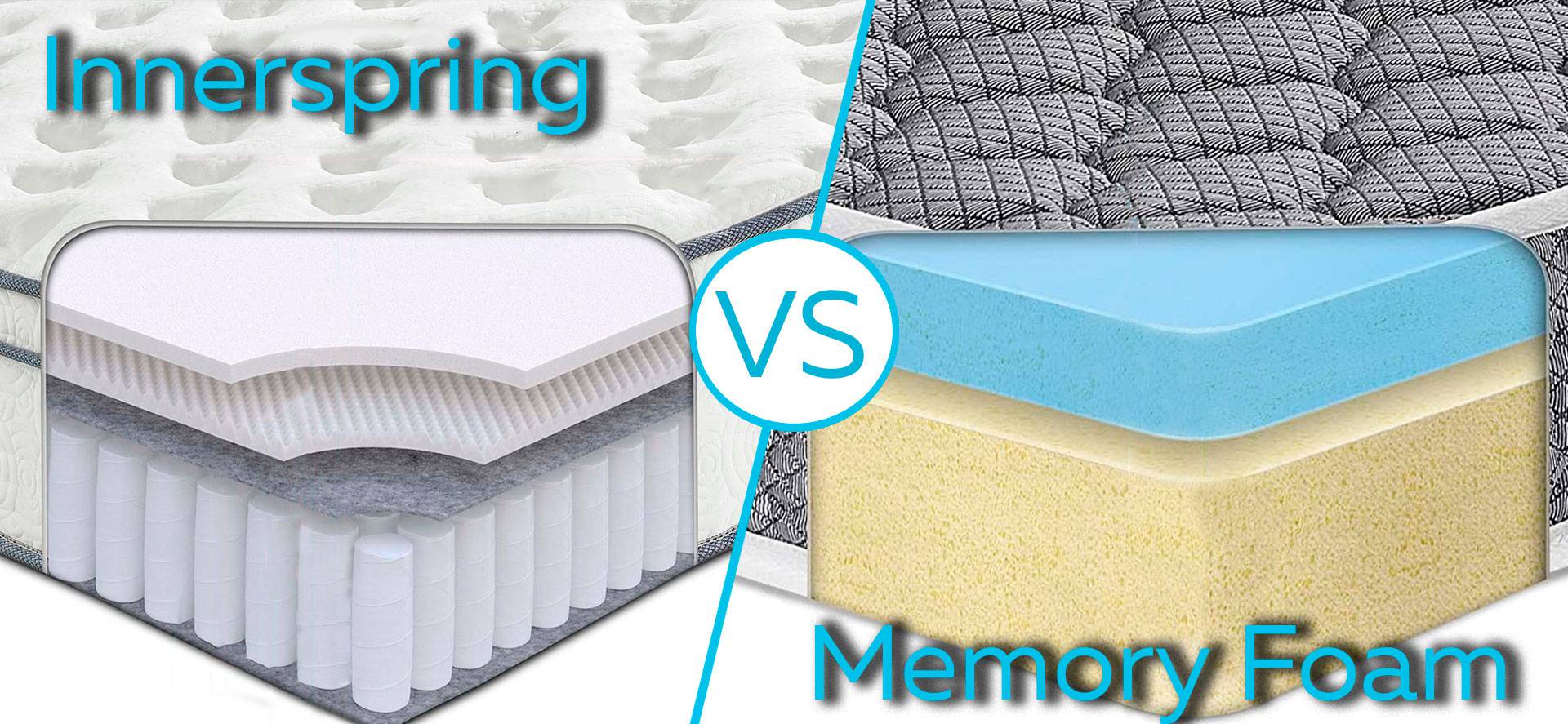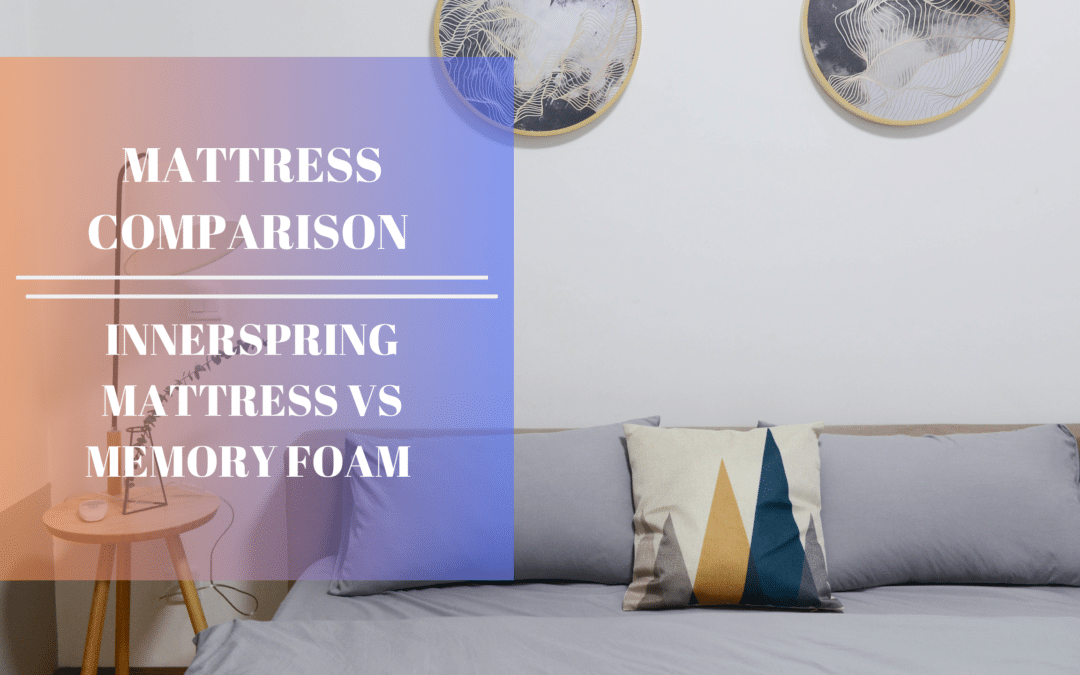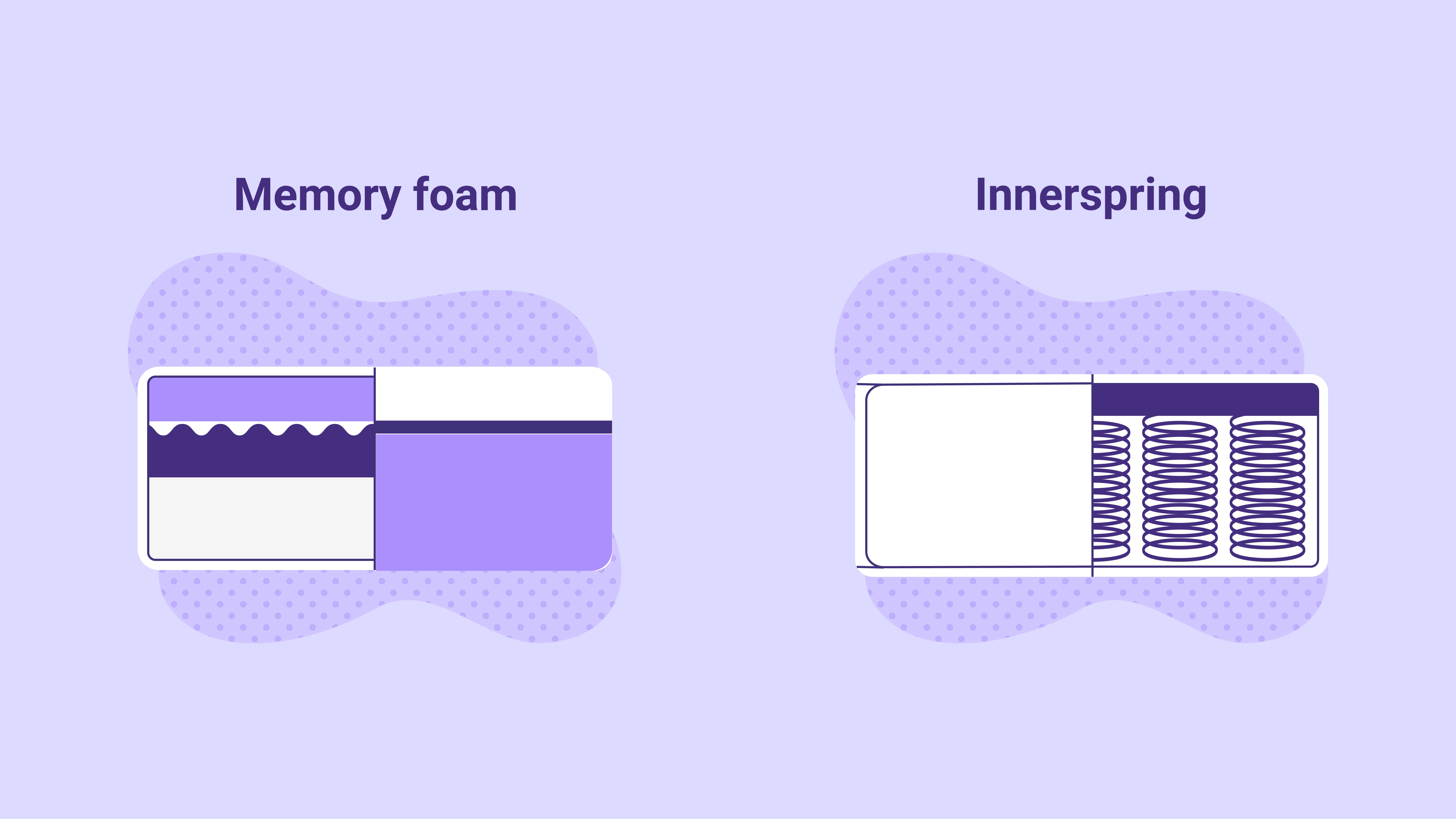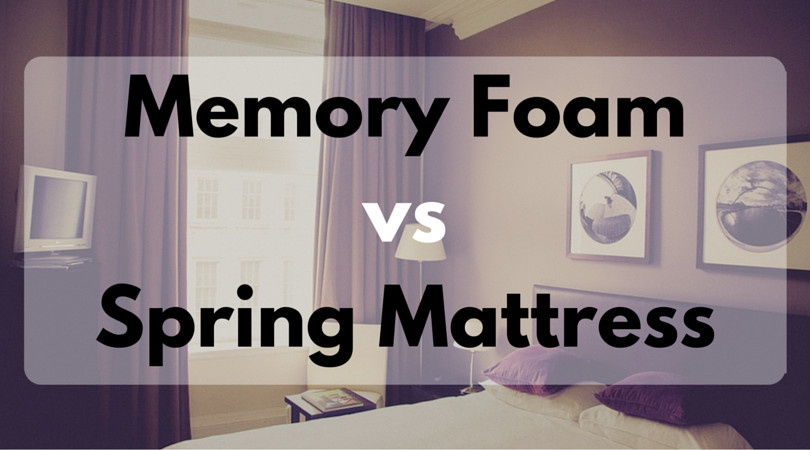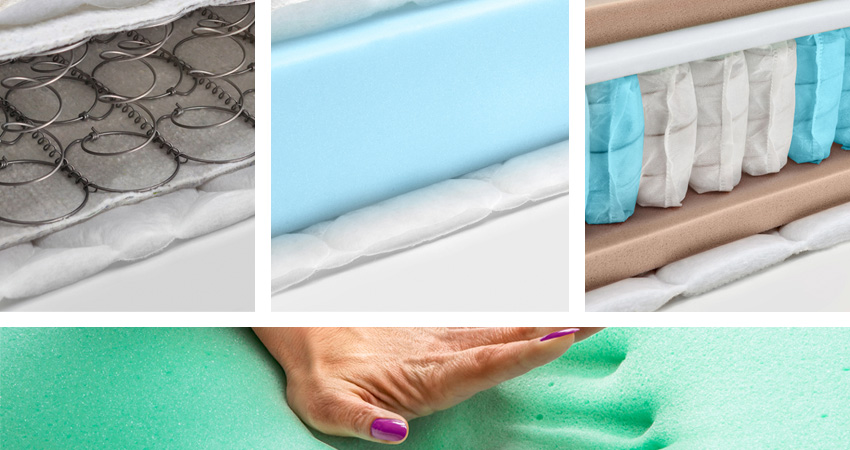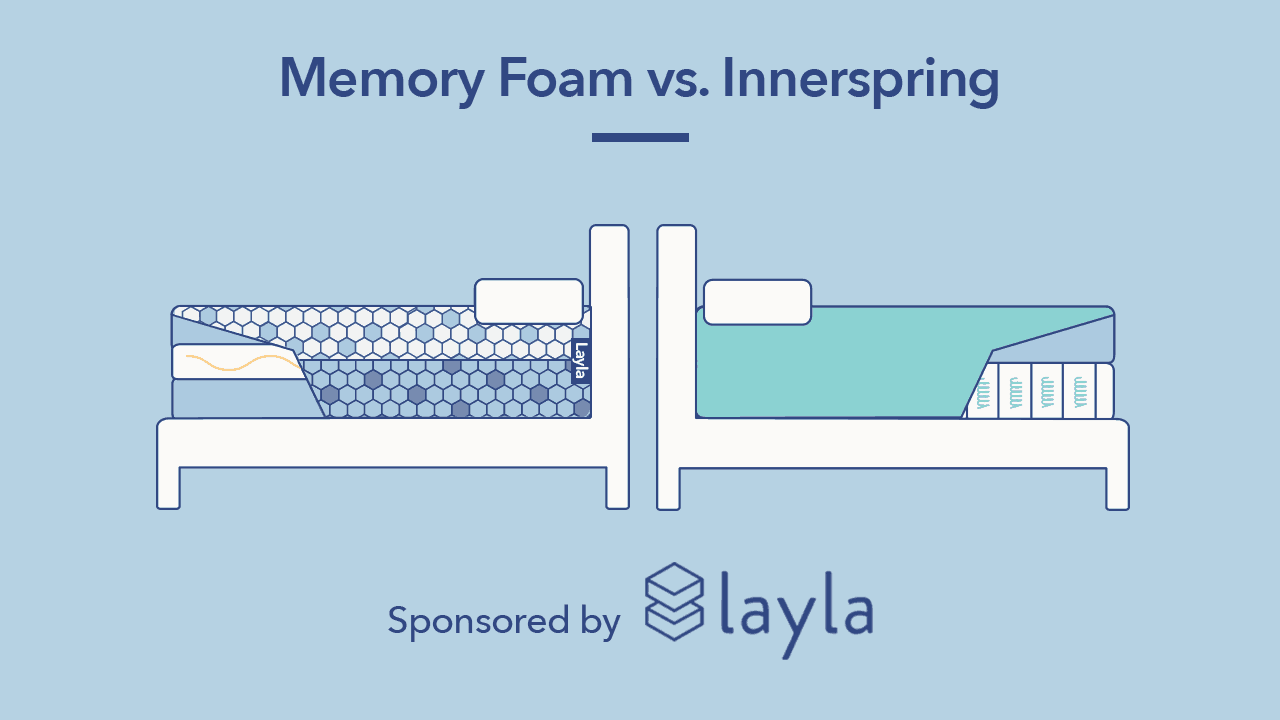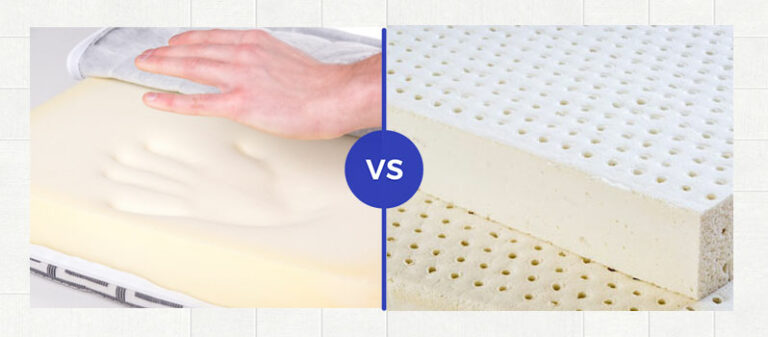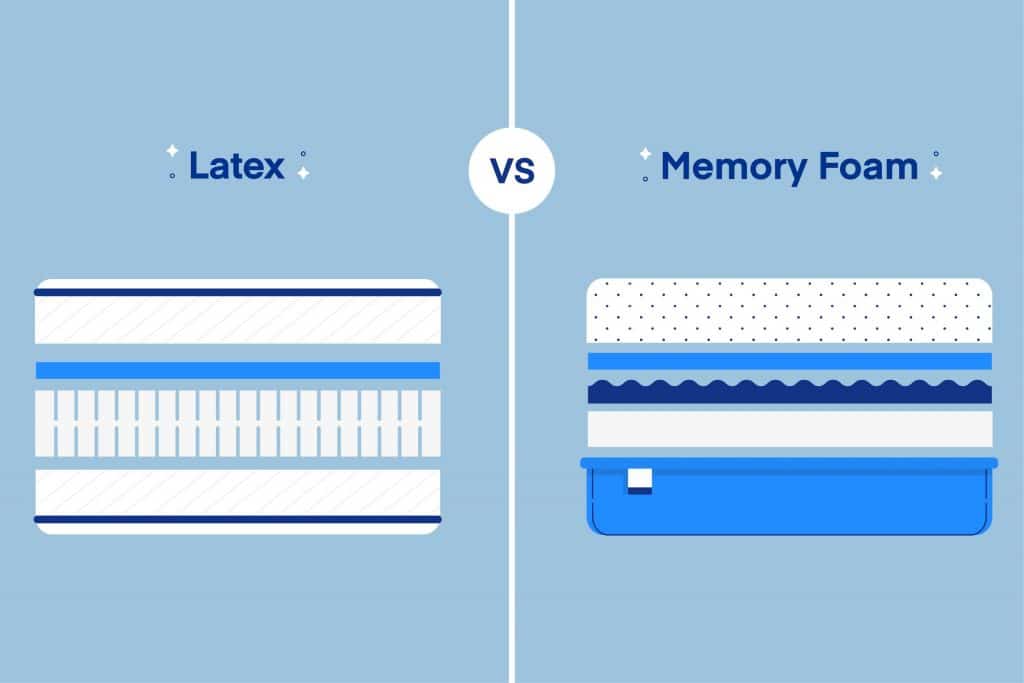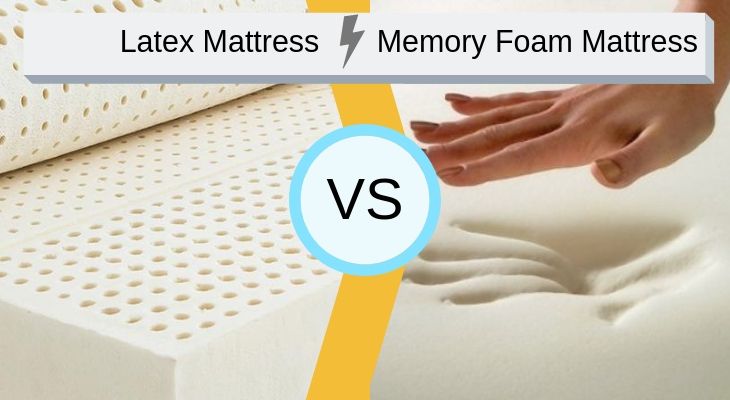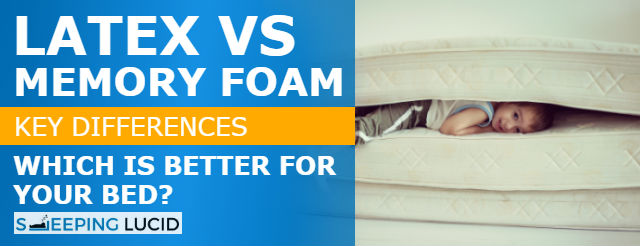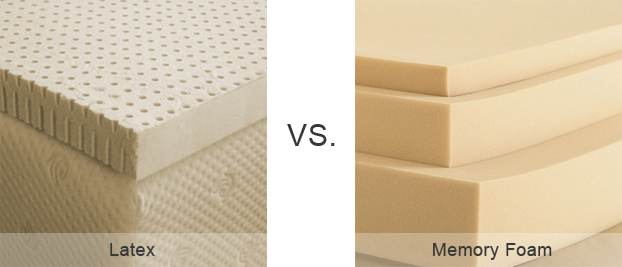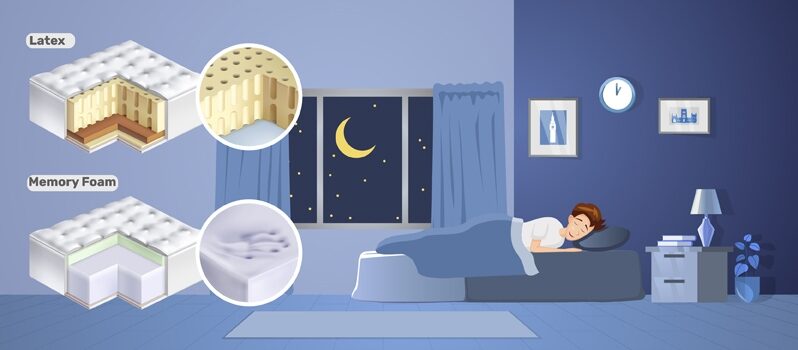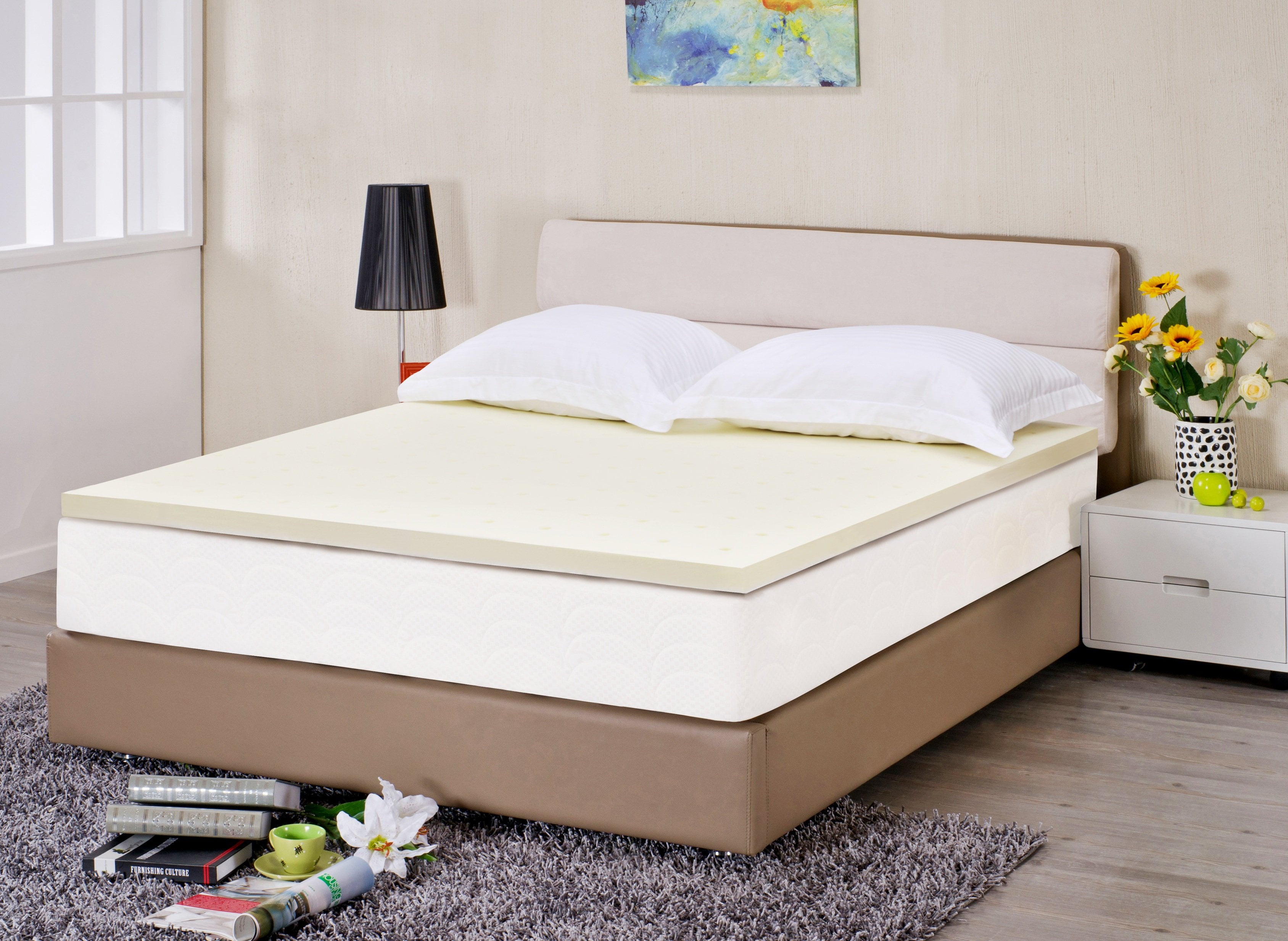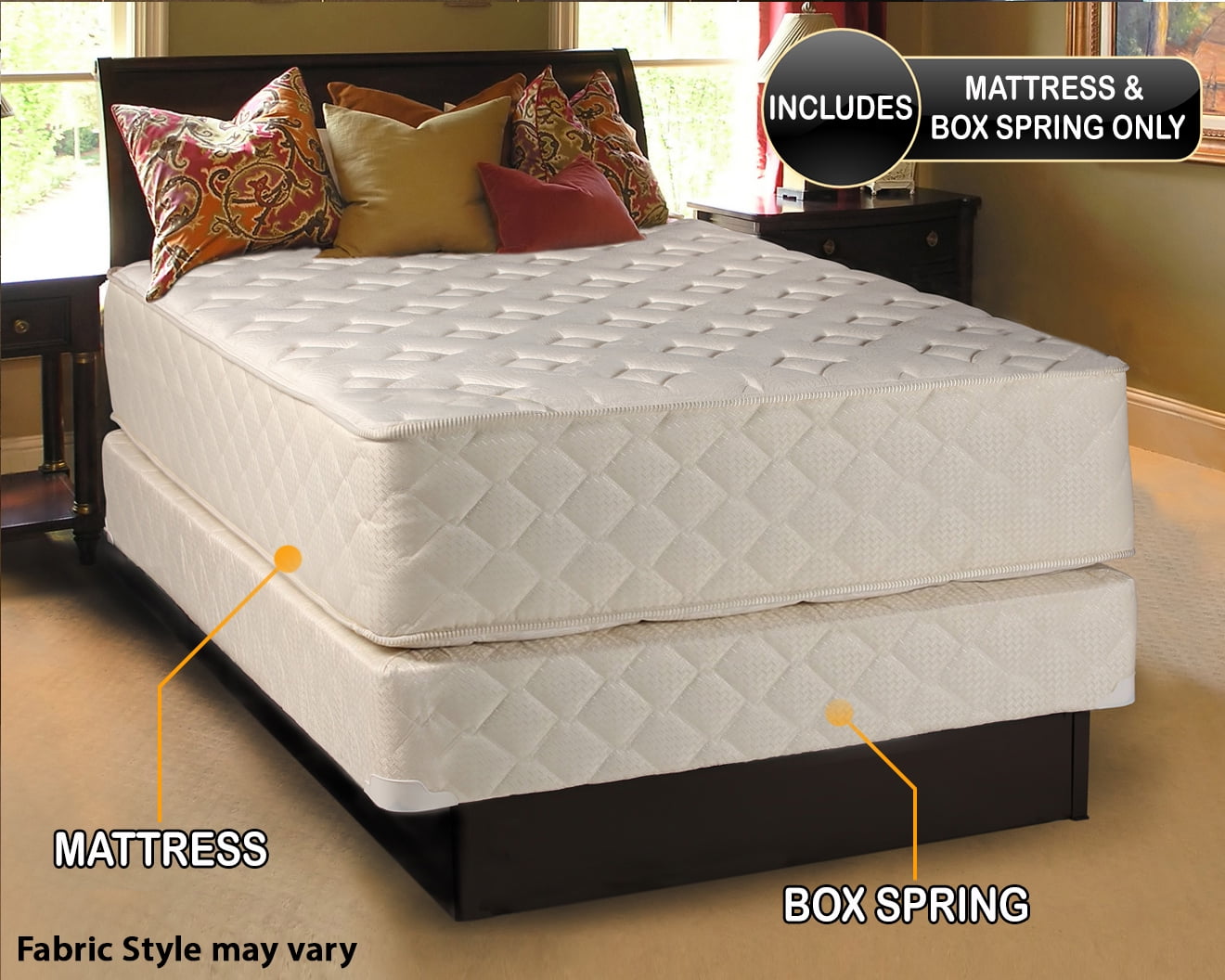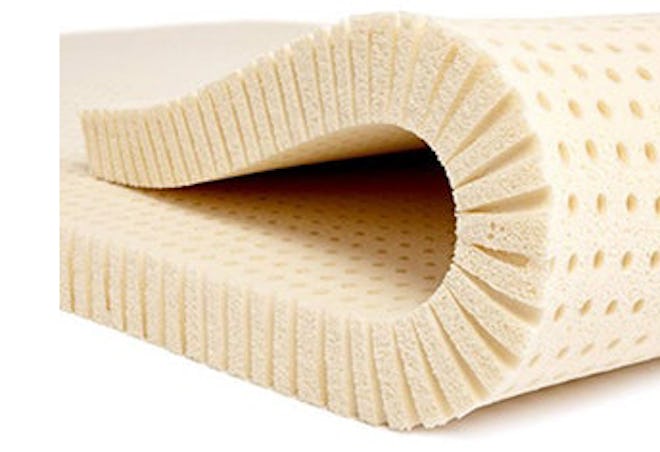Memory foam mattresses have gained immense popularity over the years due to their ability to contour to the body and provide superior comfort and support. However, like any product, they also come with their own set of pros and cons. In this article, we will discuss the top 10 pros and cons of memory foam mattresses to help you determine if this type of mattress is the right choice for you.Pros and Cons of Memory Foam Mattresses
Before we dive into the specific pros and cons, let's first understand what memory foam mattresses are and how they work. Memory foam is a type of polyurethane foam that is designed to react to body heat and pressure, allowing it to conform to the shape of your body. This creates a supportive and comfortable sleeping surface. Now let's take a closer look at the pros and cons of memory foam mattresses.Memory Foam Mattress Pros and Cons
Advantages: 1. Pressure Relief: One of the biggest advantages of memory foam mattresses is their ability to relieve pressure points by evenly distributing body weight. This can help alleviate body aches and pains, making them a great choice for people with chronic pain or injuries. 2. Motion Isolation: Memory foam mattresses are known for their excellent motion isolation properties, meaning movement on one side of the bed is not felt on the other side. This makes them ideal for couples or people who share a bed with a restless sleeper. 3. Durability: Memory foam mattresses are known for their durability, with some lasting up to 10-15 years. This is due to their high-density foam construction and lack of springs, which are prone to wear and tear. 4. Allergy-Friendly: Memory foam mattresses are less likely to harbor allergens such as dust mites, making them a great choice for people with allergies or respiratory issues. 5. Customized Support: Memory foam mattresses come in various firmness levels, allowing you to choose the one that best suits your needs and preferences. This can provide personalized support and comfort for different types of sleepers. Disadvantages: 1. Heat Retention: One of the major complaints about memory foam mattresses is that they tend to retain heat, making them uncomfortable for people who sleep hot. However, newer models now come with cooling features to combat this issue. 2. Off-Gassing: Memory foam mattresses can have a strong chemical smell when first unpacked, which can be off-putting for some people. However, this smell usually dissipates within a few days. 3. Poor Edge Support: Memory foam mattresses may not provide enough support around the edges, making it difficult to sit or sleep near the edge of the bed. 4. Weight: Memory foam mattresses tend to be heavier than other types of mattresses, making them difficult to move or rotate. 5. Price: Memory foam mattresses can be more expensive than traditional mattresses, with some high-end models costing thousands of dollars.Memory Foam Mattress Advantages and Disadvantages
After considering the pros and cons, you may be wondering if a memory foam mattress is the right choice for you. The answer ultimately depends on your personal preferences and needs. If you prioritize pressure relief, motion isolation, and personalized support, then a memory foam mattress may be the perfect fit for you. However, if you tend to sleep hot or prefer a firmer mattress, then you may want to explore other options.Is a Memory Foam Mattress Right for You?
Reading reviews from other customers can also help you determine if a memory foam mattress is right for you. Look for reviews that mention the specific features you are looking for and pay attention to any recurring complaints. This will give you a better idea of what to expect from the mattress.Memory Foam Mattress Reviews
If you are still unsure about whether a memory foam mattress is right for you, consider comparing it to other types of mattresses. Some popular comparisons include memory foam vs. innerspring, memory foam vs. latex, and memory foam vs. hybrid mattresses. This can help you determine which type of mattress may be the best fit for your needs.Memory Foam Mattress Comparison
Innerspring mattresses have been around for a long time and are known for their bouncy feel. They are also typically more affordable than memory foam mattresses. However, they may not offer the same level of pressure relief and motion isolation. In comparison, memory foam mattresses tend to be more durable and provide better support for different sleep positions.Memory Foam Mattress vs. Innerspring
Latex mattresses are known for their natural materials and cooling properties. They also tend to be more expensive than memory foam mattresses. However, latex mattresses may not provide the same level of contouring and pressure relief as memory foam mattresses.Memory Foam Mattress vs. Latex
Hybrid mattresses combine the best of both worlds, with a layer of memory foam on top of an innerspring core. This provides the support and bounce of an innerspring mattress with the pressure relief and contouring of memory foam. However, hybrid mattresses may be more expensive than traditional memory foam mattresses. In conclusion, memory foam mattresses have many advantages and some disadvantages. Considering your personal preferences, budget, and needs, along with comparing it to other types of mattresses, can help you determine if a memory foam mattress is the right choice for you. With the proper care and maintenance, a memory foam mattress can provide you with years of comfortable and restful sleep.Memory Foam Mattress vs. Hybrid
Additional Pros and Cons of Memory Foam Mattresses

Pros:
 One of the main benefits of a memory foam mattress is its ability to conform to the shape of your body, providing personalized support and reducing pressure points. This can be especially beneficial for those with chronic pain or joint issues. Additionally, memory foam mattresses are known for their motion isolation properties, making them a great option for couples who are easily disturbed by their partner's movements during the night.
Another advantage of memory foam mattresses is their durability. They are known to last longer than traditional spring mattresses, with some lasting up to 10-15 years. This can save you money in the long run as you won't have to replace your mattress as frequently.
One of the main benefits of a memory foam mattress is its ability to conform to the shape of your body, providing personalized support and reducing pressure points. This can be especially beneficial for those with chronic pain or joint issues. Additionally, memory foam mattresses are known for their motion isolation properties, making them a great option for couples who are easily disturbed by their partner's movements during the night.
Another advantage of memory foam mattresses is their durability. They are known to last longer than traditional spring mattresses, with some lasting up to 10-15 years. This can save you money in the long run as you won't have to replace your mattress as frequently.
Cons:
 One of the main drawbacks of memory foam mattresses is their tendency to retain heat. The material is known for its ability to trap body heat, which can be uncomfortable for those who sleep hot. However, many manufacturers have addressed this issue by adding cooling gel layers or using breathable materials in their mattresses.
Another concern with memory foam mattresses is the initial off-gassing smell that can occur when they are first unpacked. This is a result of the chemicals used in the manufacturing process and can be bothersome to some individuals. However, this smell typically dissipates within a few days to a week.
In conclusion, memory foam mattresses have several pros and cons to consider when making a purchase. While they offer personalized support and durability, they may not be the best option for those who sleep hot or are sensitive to odors. It's important to carefully weigh these factors and choose a mattress that fits your individual needs and preferences.
One of the main drawbacks of memory foam mattresses is their tendency to retain heat. The material is known for its ability to trap body heat, which can be uncomfortable for those who sleep hot. However, many manufacturers have addressed this issue by adding cooling gel layers or using breathable materials in their mattresses.
Another concern with memory foam mattresses is the initial off-gassing smell that can occur when they are first unpacked. This is a result of the chemicals used in the manufacturing process and can be bothersome to some individuals. However, this smell typically dissipates within a few days to a week.
In conclusion, memory foam mattresses have several pros and cons to consider when making a purchase. While they offer personalized support and durability, they may not be the best option for those who sleep hot or are sensitive to odors. It's important to carefully weigh these factors and choose a mattress that fits your individual needs and preferences.



